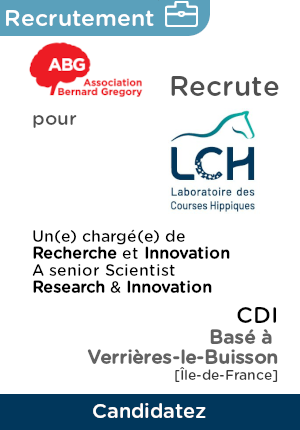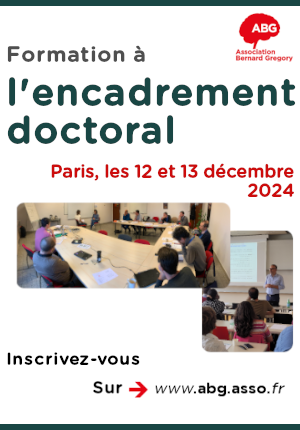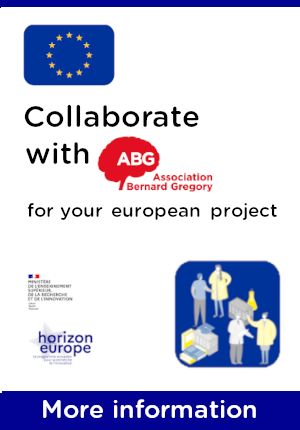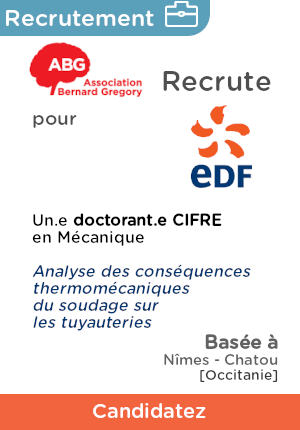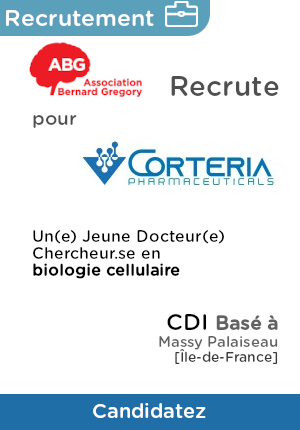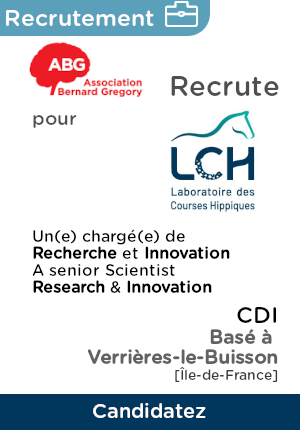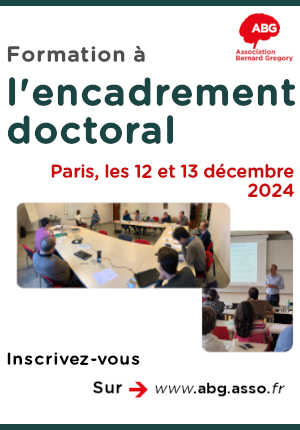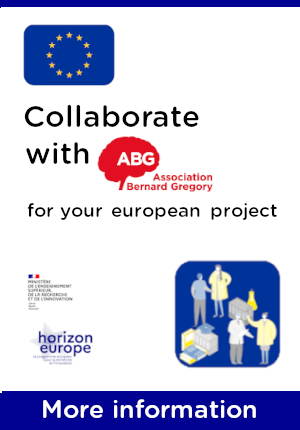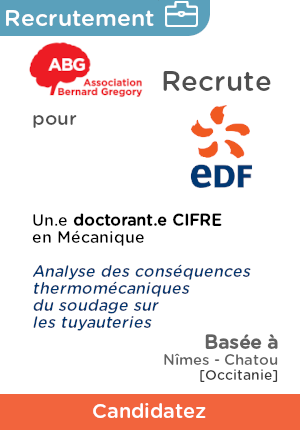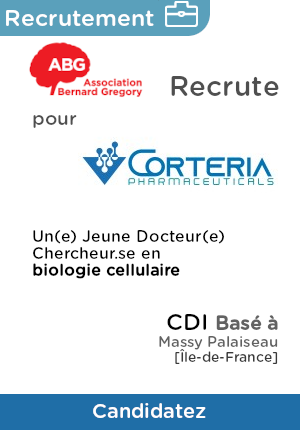Role of the epigenetic enzyme EZH2 in leukemia resistance
| ABG-124603 | Stage master 2 / Ingénieur | 6 mois | sur grille salaire INSERM |
| 13/06/2024 |
- Biologie
Établissement recruteur
Research focus of the team
The main scientific objective of the team is to decipher the transcriptional and epigenetic networks involved in the regulation of proliferation versus differentiation of normal or pathological hematopoietic cells. We are interested in the epigenetic mechanisms related to age-related deregulation of hematopoiesis. In parallel, we develop a more applied research in collaboration with the clinicians of the Paoli-Calmettes Institute, using epigenomics and single-cell state-of-the-art techniques for acute myeloid leukemia (AML), in order to improve its management. Altogether, our scientific activity is mainly focused on the following keywords: AML, therapy resistance, hematopoietic stem cell, epigenetics, aging, single cell technologies.
Description
Master 2 project:
Context. Resistance to anti-cancer therapeutics remains one of major obstacles to improving survival rates in cancer; it arises in a multitude of ways including accumulation of epigenetic alterations. Recently, we discovered a new mechanism of treatment resistance that is not fully driven by epigenetic remodeling but nevertheless implies an activity switch of an epigenetic enzyme, EZH2. Despite its well-established activity as part of PRC2 for mediating gene repression by H3K27me3 deposition, new evidence points the importance of others, so-called non-canonical activities. In line with this, we revealed that non-canonical EZH2 activity was associated with therapy resistance in acute myeloid leukemia (AML) (Poplineau et al., Blood 2022). However, our current knowledge of how and which non-canonical activity of EZH2 participates to this process is still poorly understood. One of our hypotheses is that EZH2 posttranslational modifications (PTMs) would affect EZH2 activity and impact treatment response. By coupling, proteomics, gene editing, epigenomics and transcriptomics approaches using AML cell line resistant to chemotherapy we aim to identify and functionally characterize EZH2 PTMs. We will monitor their repercussion at the chromatin and transcriptional levels and study their impact on therapy response. In parallel, we aim to evaluate, in preclinical models of AML, the therapeutic interest of targeting EZH2 non-canonical activity using an EZH2 PROTAC. We believe that EZH2 degradation will clear the therapy-resistant cells and/or lead to a transcriptomic reprogramming of these cells towards less aggressive cells. We hope to define AML conditions that will benefit the use of EZH2 degrader, opening new therapeutic opportunity for patients with high risk of relapse.
Objectives: The candidate will be in charge to test the transcriptional and epigenetic repercussions (RNA-seq, Cut&Run-seq, Luciferase assays) of several EZH2 mutants generated by CRISPR technology. The candidate will also complement this molecular analysis with functional analyses (cytotoxicity-related experiments): he/she will monitor how such EZH2 mutants may impact drug response.
Profil
Nous recherchons un(e) candidat(e) motivé(e) pour un stage de Master 2 avec connaissance en oncologie, biochimie et biologie moléculaire et qui souhaiterait poursuivre en thèse
Prise de fonction
Vous avez déjà un compte ?
Nouvel utilisateur ?
Vous souhaitez recevoir nos infolettres ?
Découvrez nos adhérents
 Groupe AFNOR - Association française de normalisation
Groupe AFNOR - Association française de normalisation  SUEZ
SUEZ  TotalEnergies
TotalEnergies  ANRT
ANRT  Institut Sup'biotech de Paris
Institut Sup'biotech de Paris  ADEME
ADEME  PhDOOC
PhDOOC  MabDesign
MabDesign  Institut de Radioprotection et de Sureté Nucléaire - IRSN - Siège
Institut de Radioprotection et de Sureté Nucléaire - IRSN - Siège  Ifremer
Ifremer  MabDesign
MabDesign  Tecknowmetrix
Tecknowmetrix  Aérocentre, Pôle d'excellence régional
Aérocentre, Pôle d'excellence régional  Nokia Bell Labs France
Nokia Bell Labs France  CASDEN
CASDEN  ONERA - The French Aerospace Lab
ONERA - The French Aerospace Lab  CESI
CESI  Généthon
Généthon  Laboratoire National de Métrologie et d'Essais - LNE
Laboratoire National de Métrologie et d'Essais - LNE
-
EmploiCDIRef. ABG124941Corteria PharmaceuticalsMassy-Palaiseau - Ile-de-France - France

Jeune Docteur, Chercheur en Biologie Cellulaire & Moléculaire (H/F)
BiologieNiveau d'expérience indifférent -
EmploiCDIRef. ABG123642Laboratoire des Courses Hippiques (GIE LCH)Verrières-le-Buisson - Ile-de-France - France
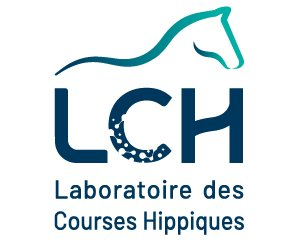
Chargé(e) de Recherche et Innovation (H/F) / Senior Scientist Research & Innovation (M/F)
Chimie - BiochimieConfirmé -
EmploiCDDRef. ABG125071KTHStockholm - Suède
ERC-funded postdoc position on the detection of gas-phase organic radicals, KTH, Stockholm, Sweden
Chimie - Physique - Sciences de l’ingénieurNiveau d'expérience indifférent

